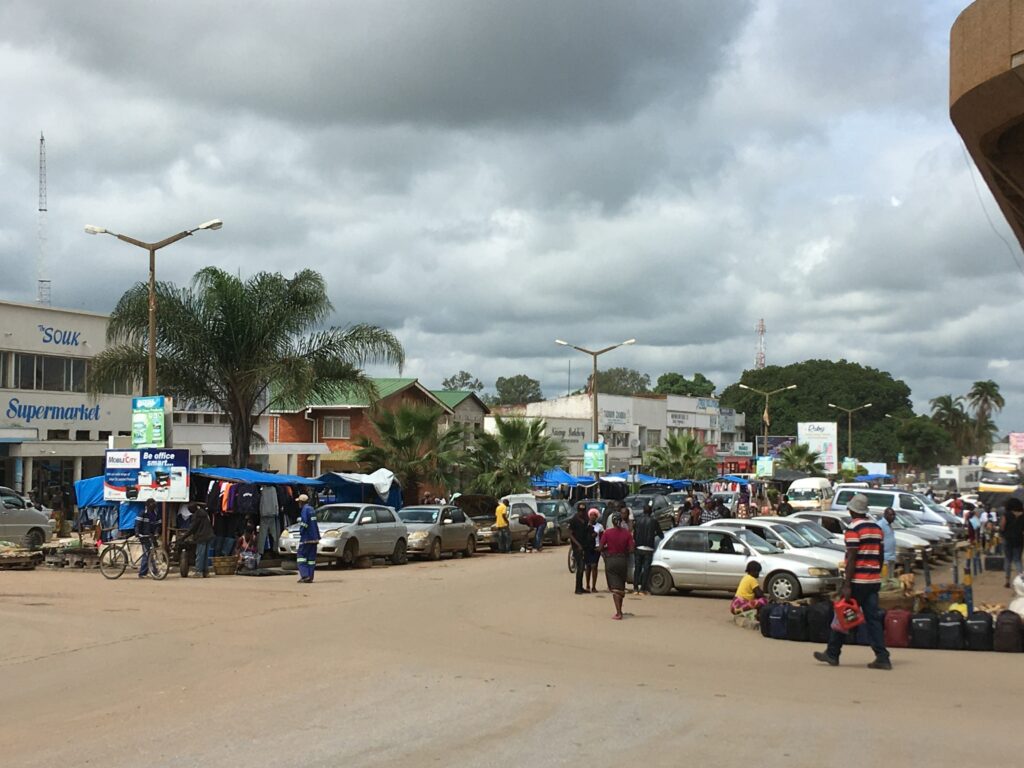Zambia: Clean Up Lead Contamination in Kabwe Urged by Environmental Organizations
Environment Africa and Human Rights Watch have called on the Zambian government to take urgent and comprehensive action to address the severe lead contamination in Kabwe, the capital of Zambia’s Central province. In a joint statement released today, the organizations highlighted the devastating impact of the pollution on the health and well-being of the town’s residents.
Kabwe has long been considered one of the most polluted areas in Africa due to the contamination stemming from a former lead and zinc mine. Originally owned by Anglo-American and other British colonial companies and later nationalized, the mine was shuttered in 1994. However, the toxic waste from the mine was left untreated, leading to ongoing environmental and health hazards.
In a video released by Environment Africa, youth activists from the organization share their firsthand experiences of living in a dangerously polluted town and detail the necessary actions to remedy the situation. The contamination poses a significant risk to the health of approximately 200,000 people residing in nearby residential areas such as Chowa, Kasanda, and Makululu.
The major concern stems from the large uncovered waste dumps of the former mine, which continuously release lead dust into the air. These particles find their way into residential areas, exposing inhabitants to toxic levels of lead. Long-term exposure to lead can cause severe health issues, especially in children, including developmental delays, cognitive impairments, and behavioral problems.
The Zambian government is now being urged to prioritize the cleanup of the lead-contaminated site and protect the health of its citizens. Environment Africa and Human Rights Watch emphasize that a swift and comprehensive response is crucial to mitigate the ongoing risks to public health and the environment.
Environmental organizations have long been calling for measures to address the hazardous effects of lead pollution in Kabwe. The situation demands urgent attention and collaborative efforts from both the Zambian government and international partners to find sustainable solutions and ensure the well-being of the affected communities.



